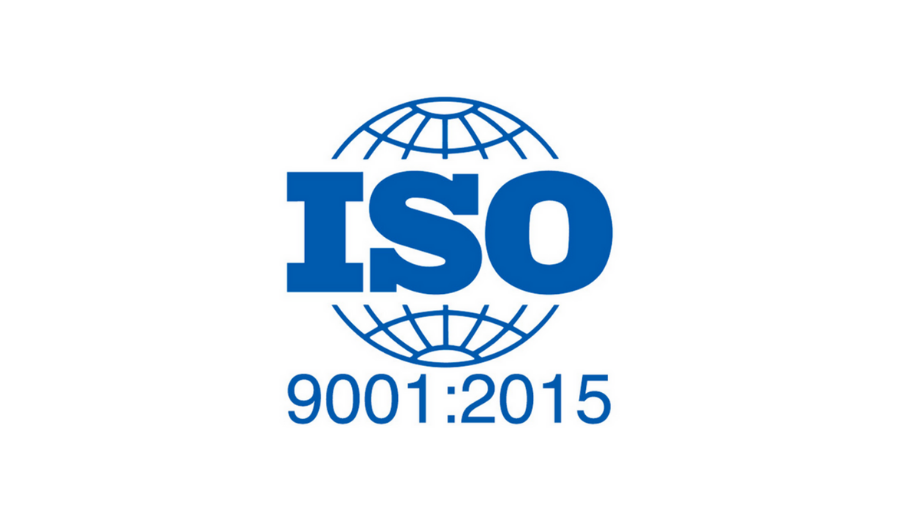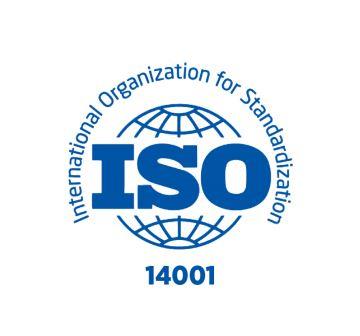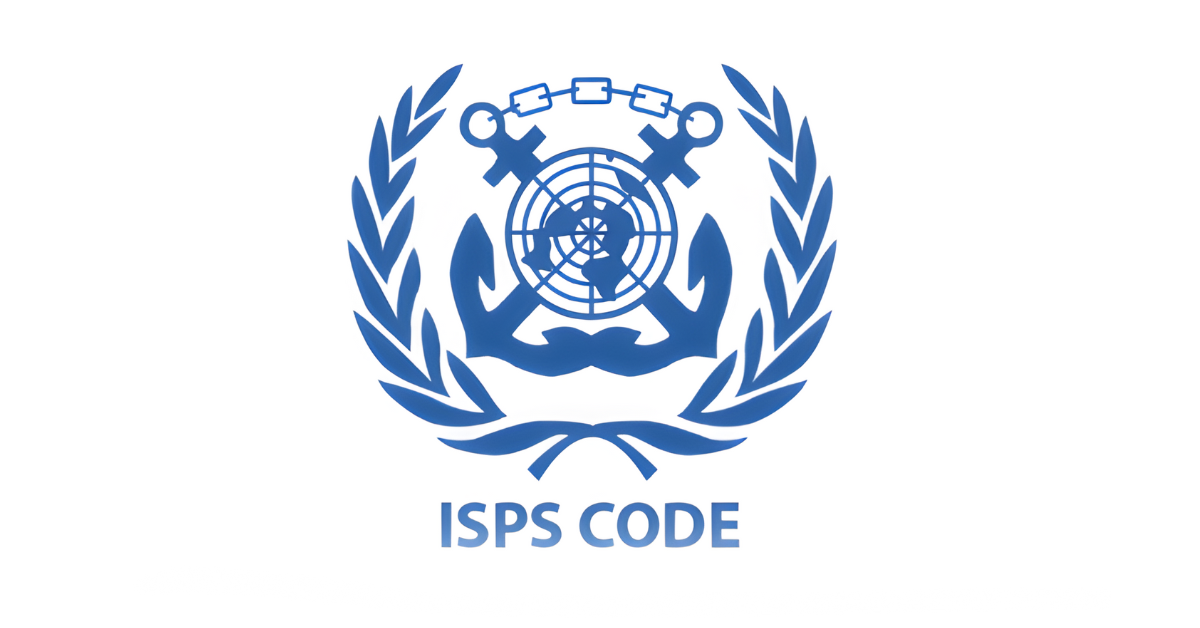Ghent, Belgium

One of the world's largest terminals for sustainable aviation fuel storage situated in the North Sea Port logistics hub. Direct connections for supplies of jet and biofuels to multiple key airports and sustainable feedstocks to chemical producers.
Operation since
1969
Total capacity (cbm)
988.000
Draft (meter)
12.5
Products stored
SAF
naphtha
jet fuel
gasoline
biodiesel
(bio) ethanol
(bio) methanol
specialty chemicals
vegetable oils
Terminal
Tanks
Total capacity
988.000 cbm
Number of tanks
77
OPERATIONAL SINCE
1969
TANK SIZE
2.000 – 57.000 cbm
SPECIALTY
Industrial distribution, blending
TANKS AND EQUIPMENT
Mild steel, coating, inner floating roof, vapor treatment, mixers, circulation lines
Access
Services
Draft
12.5 meter
OPERATIONAL SERVICES
Blending, heating, additivation & denaturing, butanizing, nitrogen blanketing, homogenizing, filtration
BARGE BERTHS
6
LOGISTIC SERVICES
Discharging, loading, ship-to-ship transfer using terminal infrastructure, ship-to-ship transfer, tank-to-tank transfer
VESSEL BERTHS
2 (60.000 DWT)
ADMIN SERVICES
Customs procedures, excise warehouse
Specifications
Terminal
Tanks
Access
Services
Total capacity
988.000 cbm
Number of tanks
77
Draft
12.5 meter
OPERATIONAL SERVICES
Blending, heating, additivation & denaturing, butanizing, nitrogen blanketing, homogenizing, filtration
OPERATIONAL SINCE
1969
TANK SIZE
2.000 – 57.000 cbm
BARGE BERTHS
6
LOGISTIC SERVICES
Discharging, loading, ship-to-ship transfer using terminal infrastructure, ship-to-ship transfer, tank-to-tank transfer
SPECIALTY
Industrial distribution, blending
TANKS AND EQUIPMENT
Mild steel, coating, inner floating roof, vapor treatment, mixers, circulation lines
VESSEL BERTHS
2 (60.000 DWT)
ADMIN SERVICES
Customs procedures, excise warehouse
Terminal
Barge
Vessel
Pipeline
Truck
Rail car
Certification

ISO9001
The international standard for quality management systems

ISO14001
ISO 14001 is the internationally recognized standard for environmental management systems (EMS).

ISPS
This terminal is certified to The International Ship and Port Facility Security (ISPS) Code, international security requirements for ships, ports, terminals, carriers, seafarers, and cargo.

SEVESO
Rules for prevention of major industrial accidents involving hazardous substances and for limiting the consequences of such accidents for human health and the environment.

Ecovadis Silver
EcoVadis is a globally recognized assessment platform that rates businesses’ sustainability based on four key categories: environmental impact, labor, and human rights standards, ethics, and procurement practices.




